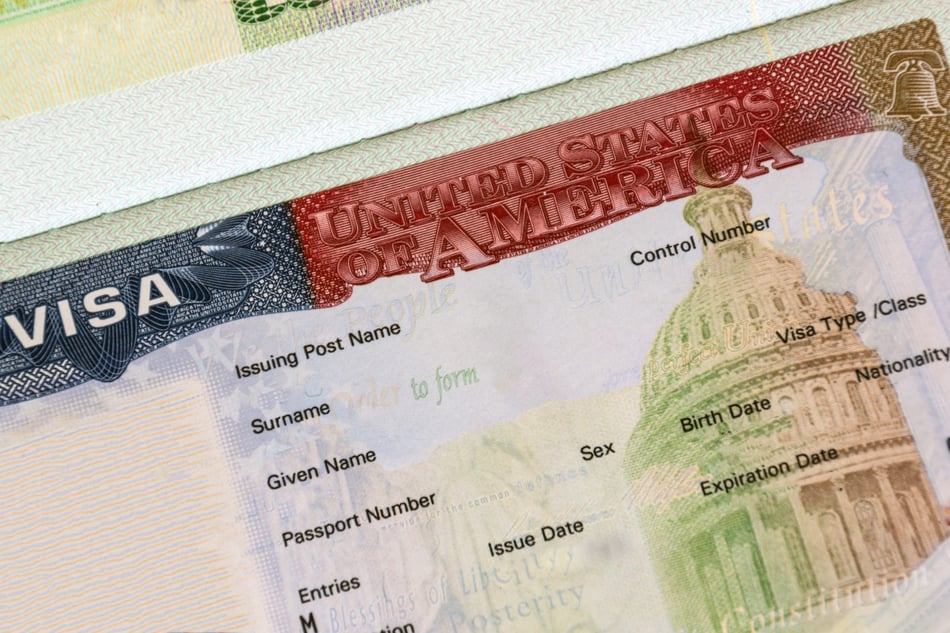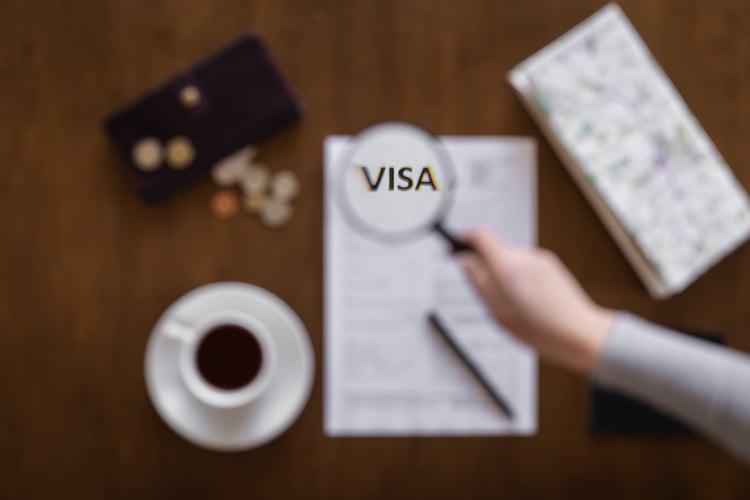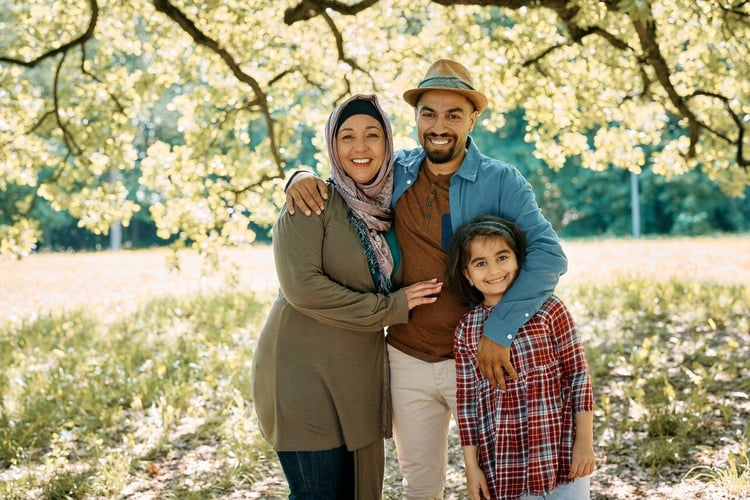SIV Program Updates: Afghan Refugees and Immigrants, and Their Families

Do you or someone you know qualify for a Special Immigrant Visa?
If you or someone you know worked as a translator, interpreter or another relevant profession aiding the U.S. government mission in Afghanistan, you could possibly qualify for a Special Immigrant Visa—and the pathway to legal permanent residency it offers.
The Special Immigrant Visa (SIV) Program is designed to allow Afghan nationals who worked with the U.S. Military to seek protection in the United States. Prior to the Biden Administration’s decision to withdraw all U.S. forces out of Afghanistan by August 31, Special Immigrant Visa applicants were waiting two to three years for applications to be processed, though the law states the process should take no more than nine months.
The security situation in Afghanistan has deteriorated significantly since the evacuation of all U.S. citizens and personnel, along with dozens of thousands of Afghan allies and their families, picked up pace as the Taliban retook control of Kabul and the rest of the country in mid-August. SIV applicants and those who can make a valid claim for SIV status may be facing new delays and setbacks to getting out of the country or getting admitted into the United States wherever they currently reside. However, one of the experienced immigration attorneys at Novo Legal can review your situation and help determine the options available to you.
What about the “P-2” designation for certain Afghan nationals?
Those who do not qualify for the Special Immigrant Visa, but have helped the U.S. in Afghanistan in some other capacity, may qualify for a Priority 2, or “P-2,” designation.
Those who did not meet the minimum “time in service” requirement for the Special Immigrant Visa but still worked for a contractor on behalf of the U.S. government, NATO, a U.S. government-funded program or project in Afghanistan supported through a U.S. government grant or cooperative agreement, or were employed in Afghanistan by a U.S.-based media organization or nongovernmental organization, may qualify for P-2 status.
Afghans who may qualify for P-2 status must have emigrated out of Afghanistan first, before the U.S. will start processing the application. Generally, Priority 1 and 2 applicants must be referred by the senior-most U.S. citizen employee of the media organization or NGO that the applicant worked with.
Congressional and Federal Agency action on Special Immigrant Visas
In 2009, Congress passed the Afghan Allies Protection Act, authorizing 1,500 visas annually for Afghans who provided “faithful and valuable” service to the U.S. government or allied forces, and who face “an ongoing serious threat as a consequence of [their] employment by the United States Government.”
To qualify for a Special Immigrant Visa under the Afghan Allies Protection Act, the U.S. government must verify that the applicant:
- is an Afghan citizen;
- meets the employment eligibility requirements;
- provided “faithful and valuable service to the U.S. government”;
- is experiencing an “ongoing serious threat” as a result of the applicant’s service to the U.S.;
- is otherwise admissible to the U.S. under the Immigration and Nationality Act; and
- does not pose a national security threat to the United States.
The State Department and the Department of Homeland Security routinely work through a substantial backlog of Special Immigrant Visa applications. On July 21, 2021, Congress passed a bill to provide additional support to Afghan allies and to expedite the SIV application process.
This legislation authorized 8,000 additional visas, changed the employment requirement from two years to one year, postponed the required medical exam until the applicant and their family have arrived in the U.S., and expanded eligibility for Special Immigrant status for certain surviving spouses and children of those applicants who were killed before their application was approved. The law also granted SIV eligibility for Afghans who worked with certain nongovernmental organizations (NGOs) and could face persecution but who might not qualify under the program’s current requirements.
The Special Immigrant Visa and P-2 status application process, and progress toward approval, can be very daunting, complex, and challenging. Our team of dedicated, skilled professionals at Novo Legal excel at shepherding our clients through difficult bureaucratic procedures and are passionate about helping Afghans who qualify for permanent status in the United States start their new lives here. Contact us today to schedule a consultation.



